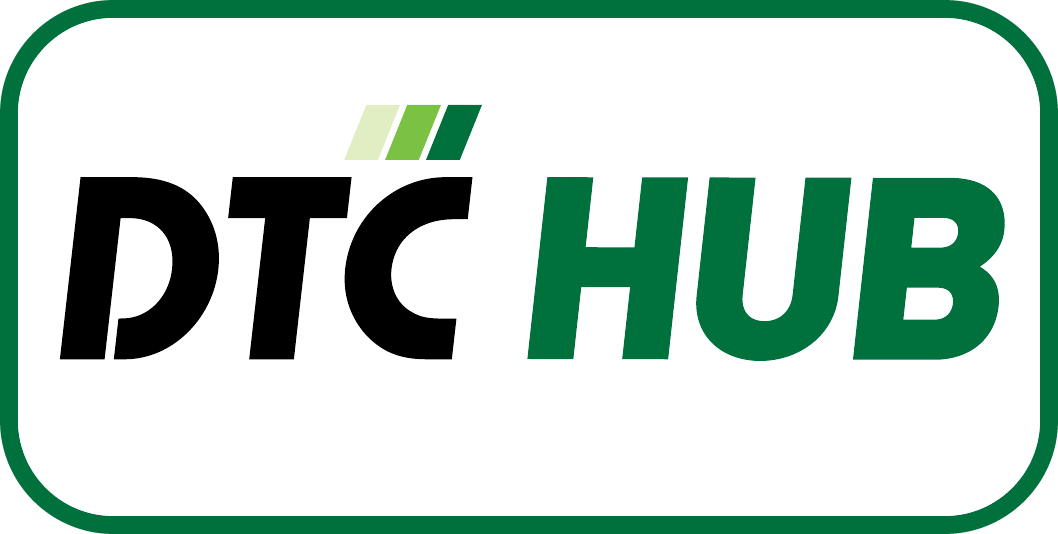There have been significant technological advances in spray booths in recent years, many of which have been unnoticed and some seemed to have been parked on the shelf for the time being.
Additional costs and longer lead times would often outweigh the added benefits of these modern features. Times are changing though, increased competition from suppliers has led to shorter lead times and reduced costs for the end user.
This makes spray booths an exciting space to be in right now, just look at all these new spray booth innovations on the horizon:
- LED Lighting- not necessarily a brand new thing to paint shops but still a rarity in spraybooths. LED’s emit a more natural (full spectrum) white light which make it easier to spot imperfections. Other benefits include greater energy efficiency and reduced heat meaning your paint team are more comfortable.
The additional initial outlay in LED lighting is well worth the investment, the bulbs can last for many years with no deterioration in output or quality of output. Saving you hundreds of pounds every year in maintaining traditional halogen lighting. LEDs use far less energy AND give off far less heat than halogens, this can lead to further savings of hundreds of pounds on reduced energy costs.
- Inverters on motors- Inverters on motors allow controlling speed and airflow which allows you to increase the airflow when needed and reduce when you don’t.
Inverters not only allow you to manage your spray booth more efficiently but also give you greater control on the air input/output settings meaning a safer, cleaner and all round smarter painting environment.
- Direct drive fans- removing the need for belts and offering better control of the fans in the booth should be music to the ears of many paint shop owners!
Some innovations don’t necessarily drive production or provide an obvious benefit. But when you consider the amount of downtime your booth has experienced over the years due to fan belts failing or being serviced you will see this as a major improvement to spray booths.
- Direct gas-fired fully modulating burners- Fully PLC controlled and energy efficient heat exchangers have led to huge savings in running costs. Previous burners would lose up to 30% of heat from the flue, now 100% of heat can be used.
Another less obvious enhancement to spray booths that will greatly reduce the energy bill for your paintshop. Upgrade your burners to see the cost of your bake cycles fall significantly.
- WiFi Connectivitiy- Connecting and controlling your spray booth with WiFi opens up a whole new range of exciting features.
Whether you need to remotely access live information about the spray booth or turn on bake cycles before you head to the workshop first thing, WiFi can allow all these things to happen.
- Data logging- The increased use of advanced composite materials has led to engineering teams requiring more specifics about the lifecycle of these composite structures. Yacht hulls constructed out of carbon fibre, for example, can now have data logs about the conditions within the spray booth.
Logging of humidity, temperature and other indicators allows quality engineers to fill the gap between laminating procedures, painting and finishing. This will be a key feature on modern spraybooths as it will safeguard against quality imperfections which can hurt all manner of production facilities.
- Infrared panel temperature measurements- measuring panel temperatures while bake cycles are taking place can allow you to adjust the settings and better manage the drying process of the spray booth.
Bake cycles can be tricky to get right as there are many factors affecting the temperature the panels will reach. With infrared measurements, we can now monitor this carefully as to ensure the perfect finish is achieved each and every time.
- Bio Mass Heat Exchange- as businesses strive to recycle more and reduce their carbon footprint and become more eco-friendly. Manufacturing facilities are starting to realise that excess MDF, wood chippings and pallets, for example, can be recycled in return for heating their spray booths and other aspects of the business.
While not relevant to all businesses, if you want to reduce your carbon footprint and be seen as a responsible eco–friendly alternative to your competitors. A Bio Mass Heat Exchanger could be a serious option.
Related content of interest:

